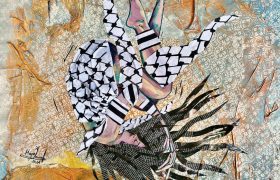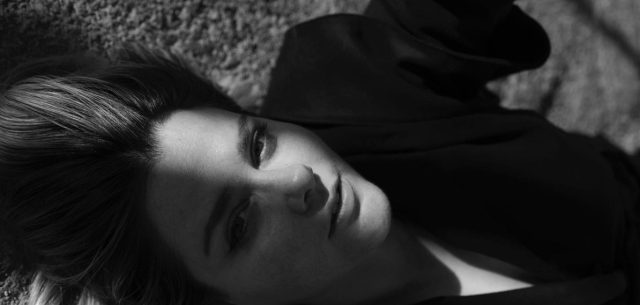“Unbound” Exhibition Empowers Victims of Sexual Assault
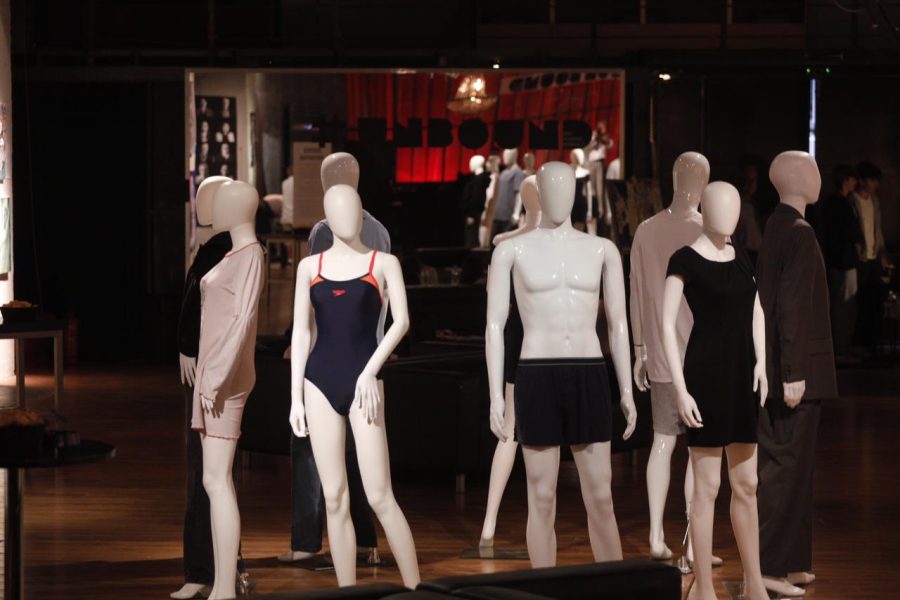
“What were you wearing?” It’s a question that is far too commonly asked of sexual assault victims. High school students Elly Culucundis and Julia Dimaki speak to Madeline Moye on “Unbound,” a powerful art exhibition that highlights societal bias towards survivors of sexual assault.
Although “Unbound” had humble beginnings as a class project at Campion School Athens, it quickly grew into a powerful exhibition that has impacted people across the city. “We came up with this idea of using art in order to speak up against assault for people our age, fellow teenagers, because it’s what we’ve witnessed,” Culucundis explains. In 2014, at the University of Arkansas, Jen Brockman and Dr. Mary Wyandt-Hiebert created the world’s first exhibition of “What Were You Wearing,” a collection of outfits from sexual assault victims which aimed to challenge prevalent victim-blaming. Taking their cues from the original exhibition, Culucundis and Dimaki recreated this concept at the Art Factory in Athens.
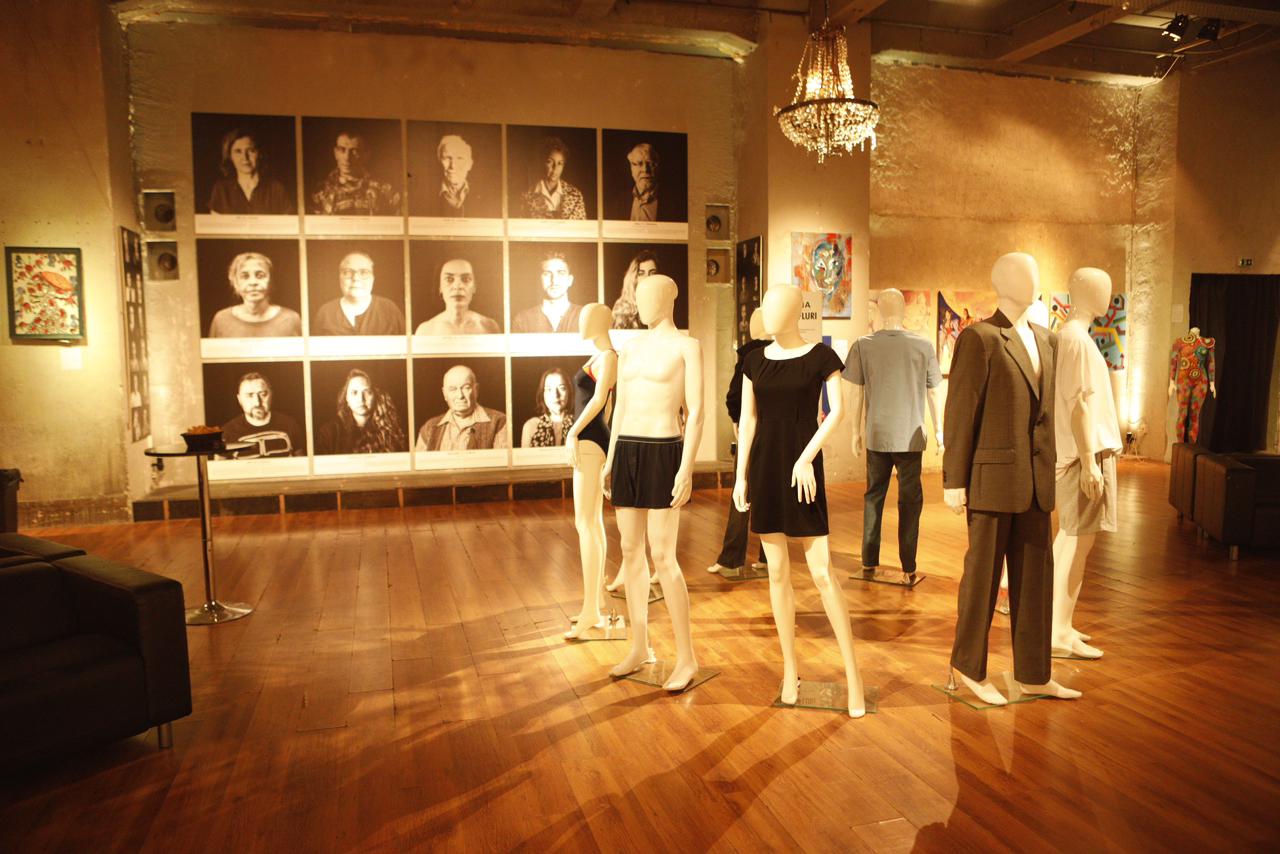
Unbound, an inspirational exhibition that challenges sexual assault victim-blaming
As survivors of sexual assault and harassment themselves, Culucundis and Dimaki are especially passionate about fighting against victim-blaming. “It always just seemed like nothing was being done about anything,” Dimaki remarks. Through “Unbound,” they hoped to create a space for healing, learning, and empowerment. Proceeds from the event were donated to the Justice Initiative and Eliza Foundation, two non-profits that are dedicated to supporting victims of sexual abuse.
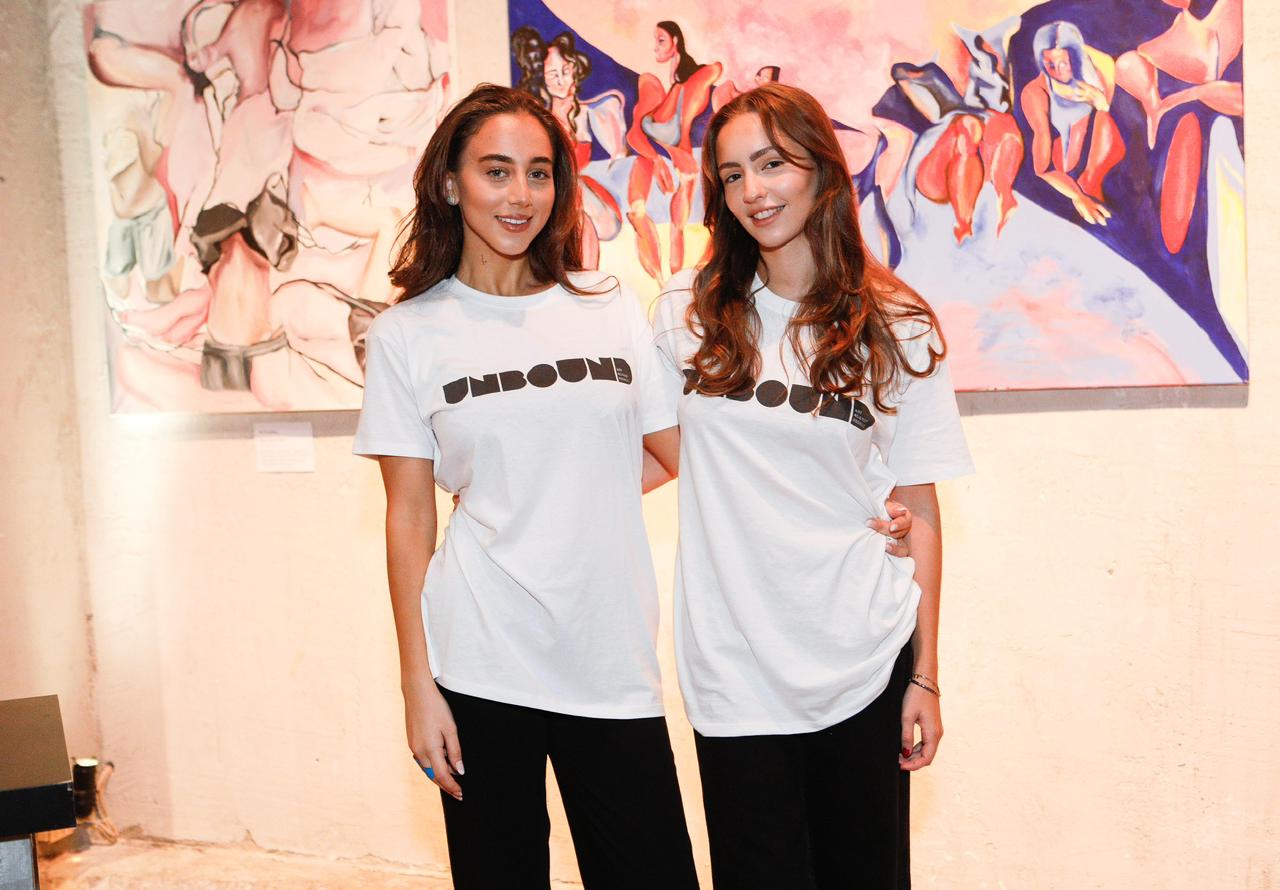
Elly Culucundis (Left) and Julia Dimaki (Right)
This incredible exhibition not only featured 45 visual pieces, but also 15 “What Were You Wearing” submissions, 6 anonymous stories, 4 poems, 2 live performances of music and poetry, and several speakers. All artistic works were created by students under the age of 19, highlighting Culucundis and Dimaki’s aspiration of sharing fellow teenagers’ experiences. “Unbound” also hosted “Shame – European Stories,” a photographic exhibition by the Justice Initiative that displays adults who were abused as children.
Ultimately, this impactful event achieved Culucundis and Dimaki’s goal of using art to share stories and fight for change. “It was a healing process for me because I felt silent after what happened to me,” Culcundis shares, “When we realized how many people were affected and how it became a healing process for everyone, it was incredible.”
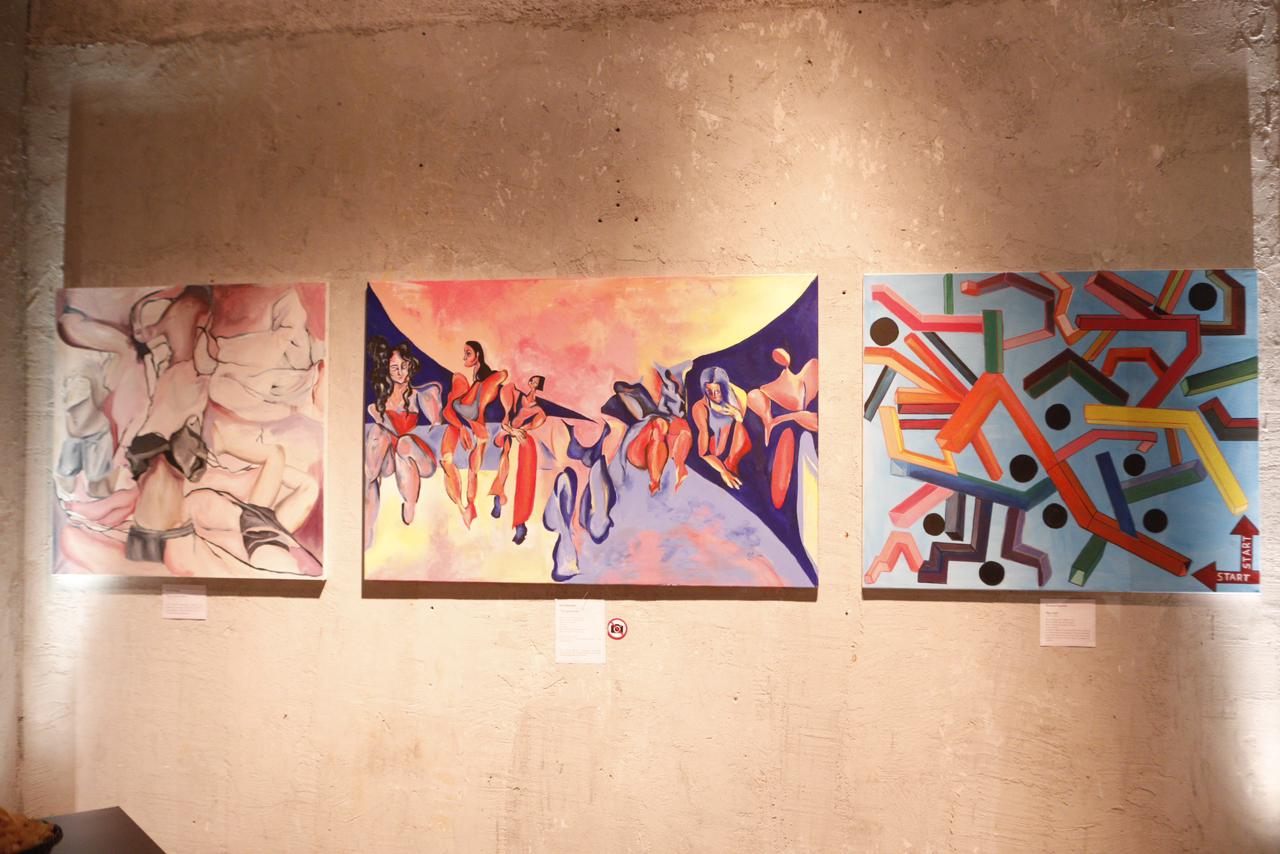
Though the exhibition took place on October 5th, these teenagers’ work is far from over. Dimaki comments, “We’ve had such an overwhelming amount of support and interest.” Both students are currently in communication with the Justice Initiative about future plans. “This is only the beginning for us,” Culucundis says.
Read more about Unbound
Donate to the Justice Initiative and Eliza Foundation






